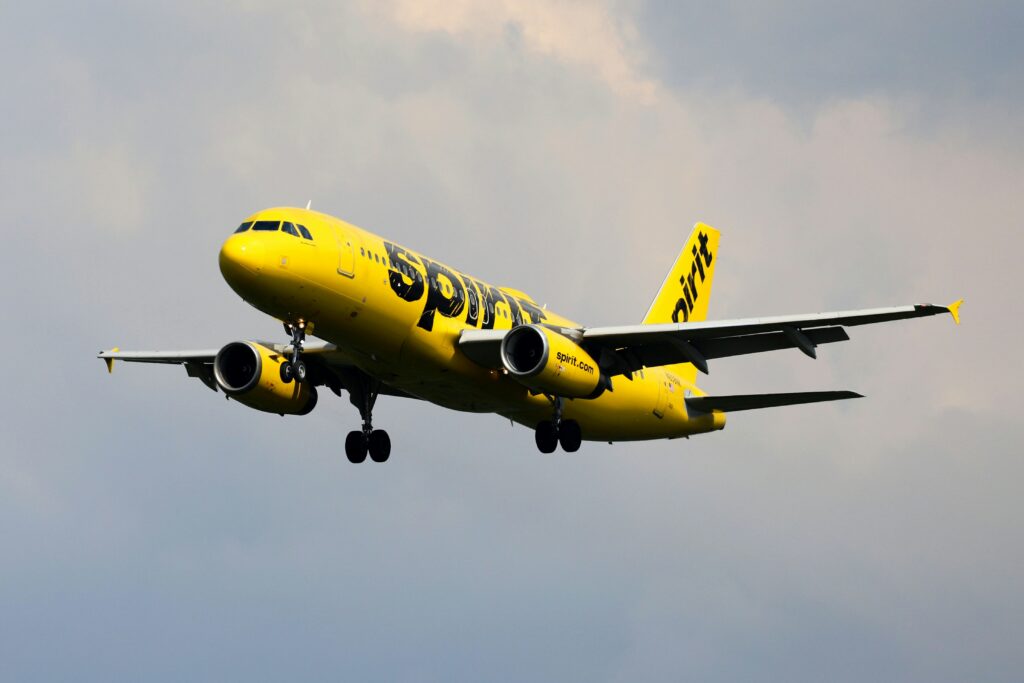Port-au-Prince, Haiti, is descending further into chaos as escalating gang violence disrupts essential infrastructure and intensifies insecurity. On November 12, 2024, a Spirit Airlines flight from Fort Lauderdale came under gunfire while approaching Toussaint Louverture International Airport, forcing authorities to close the airport temporarily. This incident, coupled with growing political instability, underscores Haiti’s deepening crisis.
Gang Violence Strikes Spirit Airlines Flight
On Monday, as a Spirit Airlines flight descended into Port-au-Prince, gangs opened fire, striking the aircraft. A flight attendant sustained minor injuries from a grazing bullet. The plane was rerouted to Santiago, Dominican Republic, where visible bullet damage was confirmed.
The attack prompted immediate responses:
- Haitian authorities suspended all commercial flights.
- Airlines, including JetBlue and Amerijet, canceled or rerouted services.
- The U.S. Embassy issued a warning, urging extreme caution for travelers.
This marks the second aviation attack within a month; in October, a UN helicopter was also targeted by gang gunfire.
Travelers Stranded as Airlines Halt Flights
Following the attack, Spirit Airlines grounded the damaged plane and arranged a replacement to transport passengers back to Florida. JetBlue extended its suspension of flights to Haiti until December 2, citing safety concerns after another plane sustained bullet damage.
With commercial flights canceled and Toussaint Louverture International Airport shut down, travelers remain stranded, further isolating Haiti and cutting off critical humanitarian supply routes.
Unrelenting Gang Violence Paralyzes Port-au-Prince
Monday’s flight attack coincided with heightened gang violence across the capital:
- Armed clashes erupted between gangs and police in multiple neighborhoods.
- Gangs set fire to homes in wealthier areas, forcing residents to flee.
- Schools and businesses shut down amid growing insecurity.
Gangs now control large swaths of Port-au-Prince, blocking roads, extorting communities, and targeting civilians, foreign entities, and infrastructure alike. The lack of effective government control has emboldened their actions.
Political Instability Compounds the Crisis
Haiti’s fragile political landscape worsened on the same day as the flight attack. The transitional council appointed Alix Didier Fils-Aimé as interim prime minister, replacing Garry Conille. However, this leadership change offers little hope for immediate stability.
Since March, armed gangs have rapidly expanded their influence, paralyzing the government and critical services. Mass prison breaks have released violent criminals, worsening the lawlessness. Residents of wealthier neighborhoods are particularly vulnerable, trapped between gang violence and an absent government.
International and Humanitarian Concerns Mount
The escalating violence has drawn significant international concern:
- Commercial flight disruptions hinder the delivery of humanitarian aid.
- The U.S. and other nations have issued severe travel advisories for Haiti.
- UN officials have warned of the increasing danger to international operations.
With gangs controlling key areas and the political situation deteriorating, Port-au-Prince remains in a precarious state. Many Haitians are desperate for a resolution to the gang crisis, but without decisive governance or international intervention, the path to stability appears uncertain.
A Country on the Brink
Haiti’s escalating violence and political instability present an urgent crisis requiring coordinated action. As gangs tighten their grip on the capital, vital services collapse, and international concerns grow, the country faces an increasingly uncertain future.
What’s your perspective on Haiti’s ongoing crisis? Join the conversation in the comments below.
